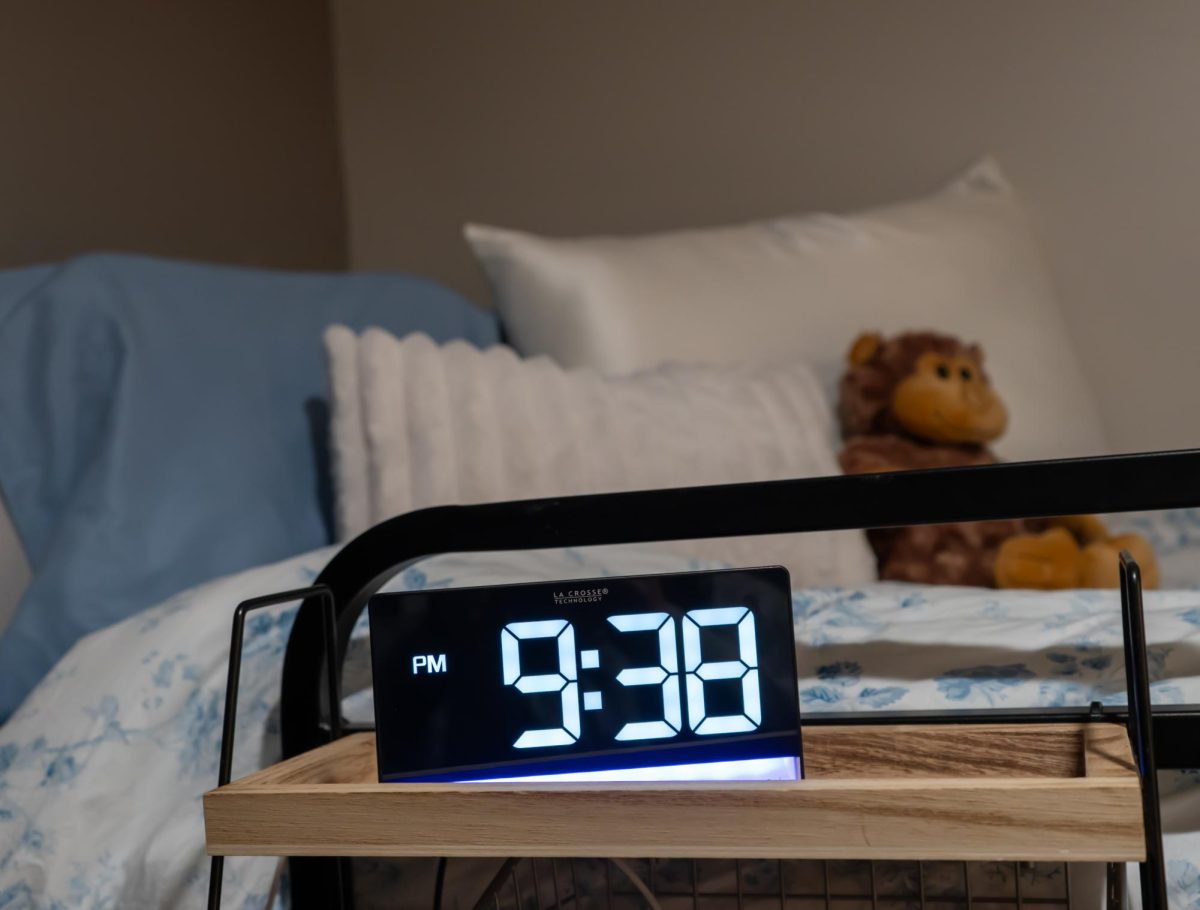One of the most overlooked aspects in maintaining a healthy school, work, and social life balance in college is finding time to ensure that you are getting a good night’s sleep. Sleep plays a pivotal role in your overall health including your cognitive, cardiovascular, and immune systems performance with proven research to back this up. Yet a common theme among college students is that they consistently find themselves feeling burnt out and tired throughout the brunt of the semester, and a key contributor to that falls back to not getting enough rest at night.
To understand the importance of sleep, let us take a moment to reflect on the processes that goes on in our bodies when we sleep. According to Sleep Health, sleep is a complex process that occurs in stages, and we cycle through these stages throughout the night. A key biological function that initiates these stages is our circadian rhythm and biological clock. Circadian rhythms are the physical, mental, and behavioral changes that our body follows throughout a 24-hour cycle and play a role in routine bodily functions we undergo every day, from eating habits, digestion, and the release of hormones. Our biological clock goes hand in hand with our circadian rhythm and acts as the natural timing device that regulates it, and no two people’s biological clock is wired the same way. Explaining why some people dub themselves as ‘early birds’ or ‘night owls’ for when they find themselves to be most productive throughout the day.
These are incredibly delicate systems and can easily be thrown off by irregular work patterns, staying up too late throughout the week and sleeping in during the weekends. Forcing us to take a step back into the college landscape where it can become incredibly easy to fall into a dangerous cycle that causes us to fall out of touch with our bodies and fall victim to sleep deprivation and chronic drowsiness.
I had the opportunity to interview third-year student, Katarina Nelson, who has her own struggles with finding a sleep schedule that worked for her. I asked her to reflect on what changes she made to amend it and find a healthier routine. “I recently have tried keeping a more consistent sleep schedule by completing my homework earlier in the day, so I have time to unwind before I go to bed and do things that I enjoy like reading a book or listening to music,” Nelson said. She noted that this leads to increased energy levels throughout the week. Highlighting just how important it is, especially for first-year students at UND who are still learning how to navigate the college landscape for the first time all on their own to find a sleep schedule that works for them and to stick by it.
I hope that if you were to take away one thing from this it is that you were to take the time and reflect on your personal life and ask yourself whether you are getting enough sleep and how you can instill good habits to ensure that you are well rested and ready to attack the week throughout the semester.
Daniel Silva is a Dakota Student General Reporter. He can be reached at daniel.silva@und.edu.















